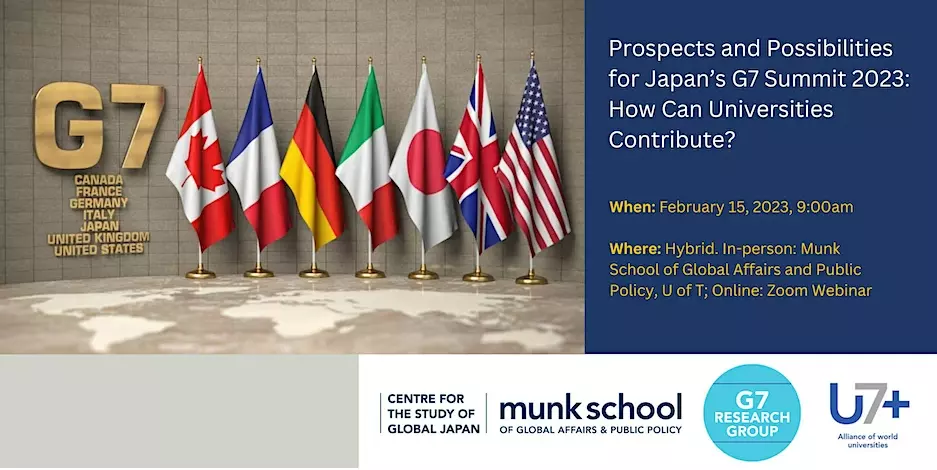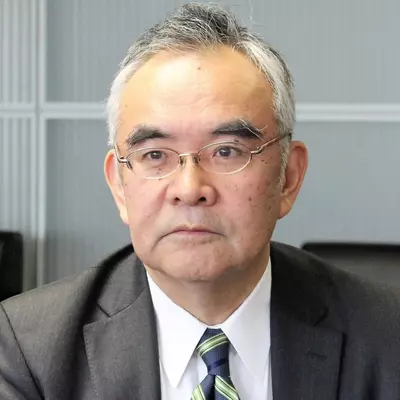
Prospects and Possibilities for Japan’s G7 Summit 2023: How Can Universities Contribute?
The university community has contributed to G7 summits and governance for many years in several ways. Universities have been hosts and key stakeholders of the summits themselves and of consultations that the personal representatives of G7 leaders and G7 ministers mount to prepare their leaders’ summit and communique.
University scholars and students are a critical part of several G7 civil society engagement groups, notably the Think 7, Science 7, Youth 7, and Academies of Science of G7 countries. Most recently, the universities themselves have come together to create the U7+ Alliance of World Universities.
The contribution of the university community to G7 summitry will be even more important for the Japanese-hosted G7 summit in Hiroshima in May 2023, given the critical need to create, follow, and educate stakeholders about the science to deal with the central global crises and G7 priorities of climate change, COVID-19 and other health threats, peace and security, and education, skills development, and human capital.
Thus, this conference addressed two central questions: What are the prospects and possibilities for Japan’s G7 summit? And how can the universities’ contribution best be strengthened to help it succeed?
To address these critical questions, the G7 Research Group and the Centre for the Study of Global Japan, based at the University of Toronto, and the U7+ Alliance assembled a group of leading policymakers and experts from Japan, Canada, the US, and other G7 countries, from government, diplomatic, university, think tank, and other communities, for a day-long conference at the University of Toronto on February 15, 2023, to explore “Prospects and Possibilities for Japan’s G7 Summit 2023: How Can Universities Contribute.”


